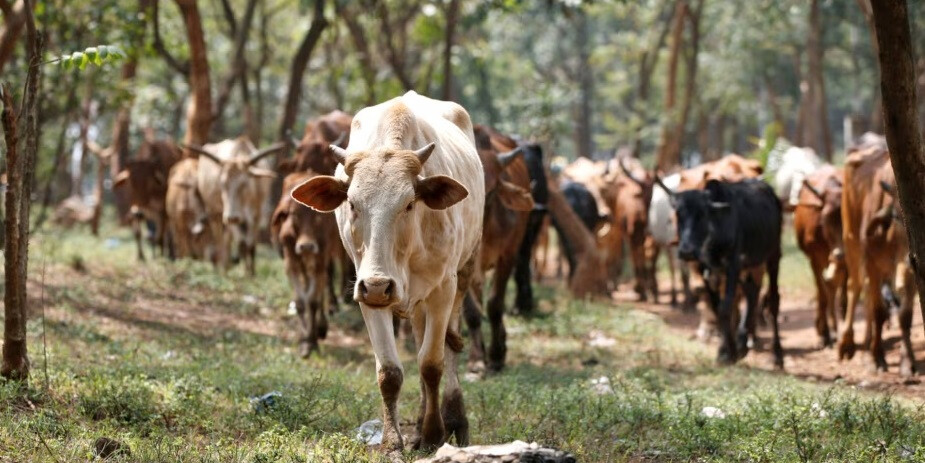
NAIROBI, KENYA — Kenyan President William Ruto has vowed to continue a mass livestock vaccination campaign despite resistance from some herders and farmers who fear the inoculations will harm their animals.
Ruto criticized those opposing the Ministry of Agriculture's program, which aims to prevent the spread of diseases and improve export standards. Concerns have been raised about the vaccines' effectiveness, with some farmers expressing unfounded fears of deliberate sabotage.
Patrick Torome, a Rift Valley farmer, voiced his opposition, stating, "I will not vaccinate my animals because maybe I will be compromising the quality of my cows." He expressed concerns about potential side effects and the ability of poorer farmers to afford treatment for any adverse reactions.
President Ruto emphasized the economic benefits of the vaccination program, stating, "We are going to carry out this vaccination because our farmers deserve improved earnings." He criticized those opposing the program as ignorant and lacking understanding.
The Ministry of Agriculture aims to vaccinate 22 million cattle and 50 million sheep and goats, assuring farmers of the vaccines' safety and local production. Ruto argued that opposition to vaccination hinders access to international markets for Kenyan livestock products.
Anthrax, foot and mouth disease, and rift valley fever are among the diseases targeted by the vaccination program. The World Health Organization emphasizes the importance of animal vaccination in disease prevention and control.
The Ministry of Agriculture acknowledges low vaccination rates, citing a need to reach 85% coverage for export eligibility. Some farmers and experts have blamed the government for inadequate communication and the influence of politicians on public perception, contributing to the spread of misinformation about the vaccines.
소스 및 관련 콘텐츠
[Copyright (c) Global Economic Times. All Rights Reserved.]





























